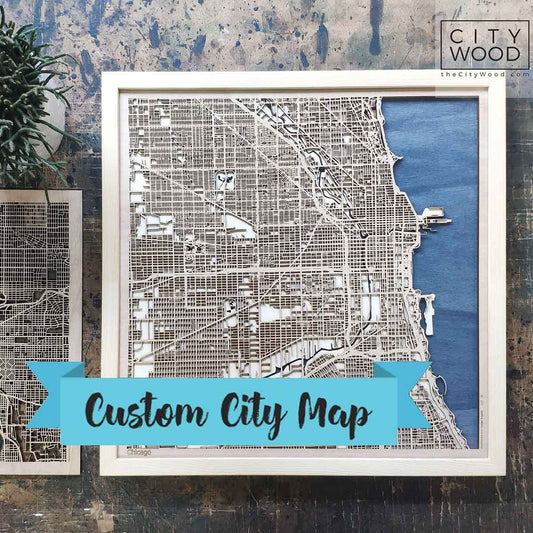Graduation is more than a ceremony; it’s a symbol of years of hard work, personal growth, and resilience. So when someone close to you graduates, it’s natural to want your words to reflect the importance of their achievement. But what should you actually say? A simple “congratulations” is good, but to make it more personal, add a touch of recognition and encouragement. For instance, instead of just saying, “Congrats on graduating,” you might say, “I’m proud of the determination you showed through the ups and downs of college — this milestone proves your strength and commitment.” Personal touches like this matter because they show you see the graduate as more than just another student who got a diploma; you see their story. If you’re comfortable, you can even share a small piece of advice or encouragement based on your own experience: “When I graduated, I felt both excited and lost. Don’t worry if you feel that way too — just know that life unfolds one step at a time.” This kind of message acknowledges both the triumph and the uncertainty of the moment.
How do you congratulate someone on university?
Congratulating someone on finishing university is about more than saying the words — it’s about striking the right tone. A formal but warm message might sound like, “Congratulations on completing your degree! This achievement reflects years of dedication and sacrifice, and it deserves to be celebrated.” If you’re closer to the graduate, your congratulations can be more relaxed and conversational: “You did it! All those late nights and endless projects paid off — I hope you’re ready for the next adventure.” Sometimes, humor can also help lighten the formality. You might say something like, “Welcome to the real world — no more student discounts, but hey, at least you survived college!”
When congratulating someone, think about the medium too. A social media post can be more playful and short; a handwritten card is more formal and lasting. If you want to add a thoughtful layer, pair your words with a symbolic gift. For example, a custom wooden map can be a timeless keepsake representing the places they’ve been or the destinations yet to come. A gift like this not only celebrates the past but also points toward the graduate’s future journey.
What is another word for congratulations on graduation?
“Congratulations” is the go-to word, but sometimes it can feel a little repetitive, especially if you’ve said it multiple times during the same season. The good news is there are plenty of creative alternatives that carry the same spirit. Phrases like “Hats off to you,” “Well done,” “Kudos,” or even “Way to go!” work perfectly in informal situations. If you want to sound more sophisticated, you could try: “Cheers to your success,” or “Salute to your achievement.” Each alternative carries its own nuance: “Kudos” feels light and friendly, while “Salute” has a more formal, respectful tone.
But words don’t have to be limited to clichés. Sometimes inventing your own way to express admiration can be more powerful than sticking to a script. For example, instead of saying “Congratulations,” you could say, “Watching you achieve this inspires me to keep pushing toward my own goals.” That’s not just a greeting — it’s an acknowledgment of impact. Opinionated as it may sound, the most memorable congratulations are the ones that reflect your voice and your relationship with the graduate.

What is the best graduation quote?
Quotes can elevate a message by adding timeless wisdom to your congratulations. The best graduation quotes are those that speak to both hope and reality. A classic example is Eleanor Roosevelt’s: “The future belongs to those who believe in the beauty of their dreams.” This is uplifting, universal, and always well-received. For graduates embarking on uncertain paths, Henry David Thoreau’s words resonate deeply: “Go confidently in the direction of your dreams. Live the life you have imagined.”
From a more opinionated standpoint, though, not every famous quote fits every person. Some graduates appreciate blunt honesty more than lofty idealism. In that case, you might prefer something like Nora Ephron’s witty reminder: “Your education is a dress rehearsal for a life that is yours to lead.” Or you might create your own: “Graduation isn’t the end of learning — it’s just the end of paying tuition for it.” Quotes don’t have to be borrowed; they can come from your own reflections. In fact, the most powerful “quote” may simply be your personal truth offered as a piece of encouragement.
What do you write to graduate college?
Writing to a graduate gives you the opportunity to go deeper than a quick “Congrats!” and leave them with something meaningful. Start by acknowledging the achievement directly: “Finishing college is no small feat — you’ve shown resilience, focus, and courage.” Then, offer encouragement that looks forward: “This degree isn’t just a piece of paper; it’s proof that you can overcome challenges and thrive in new ones to come.” If you want to make your message truly memorable, share a personal memory or insight. For instance: “I remember when you doubted yourself during your second year, and now look where you are — proof that persistence wins.”
In terms of formality, adapt your message to the relationship. To a colleague, you might keep it professional: “Congratulations on your academic success. I look forward to seeing how you use this knowledge in your career.” To a sibling or close friend, you can let warmth and humor lead: “You’re officially smarter than me now — but don’t let it go to your head!” Remember, what matters most is that the message feels genuine and reflects your unique relationship with the graduate.
What is an example of an inspirational message for graduation?
An inspirational message is one that does more than recognize the achievement; it propels the graduate forward. Here’s one example you could use: “Graduation is not the end — it’s the start of your story. Keep learning, stay curious, and trust yourself even when the path isn’t clear. The world needs your unique strengths.” This kind of message inspires by combining encouragement, wisdom, and vision for the future.
From personal experience, the most impactful messages are those that also acknowledge uncertainty. You might say: “It’s okay if you don’t know what’s next — no one really does. But what you’ve proven by graduating is that you can handle challenges, and that will carry you through whatever comes.” Opinion-wise, I’d argue that inspiration doesn’t have to come from big quotes or speeches. It can come from honesty, humor, and vulnerability. Sometimes the most inspiring thing to say is: “I believe in you.” Simple, but powerful.





